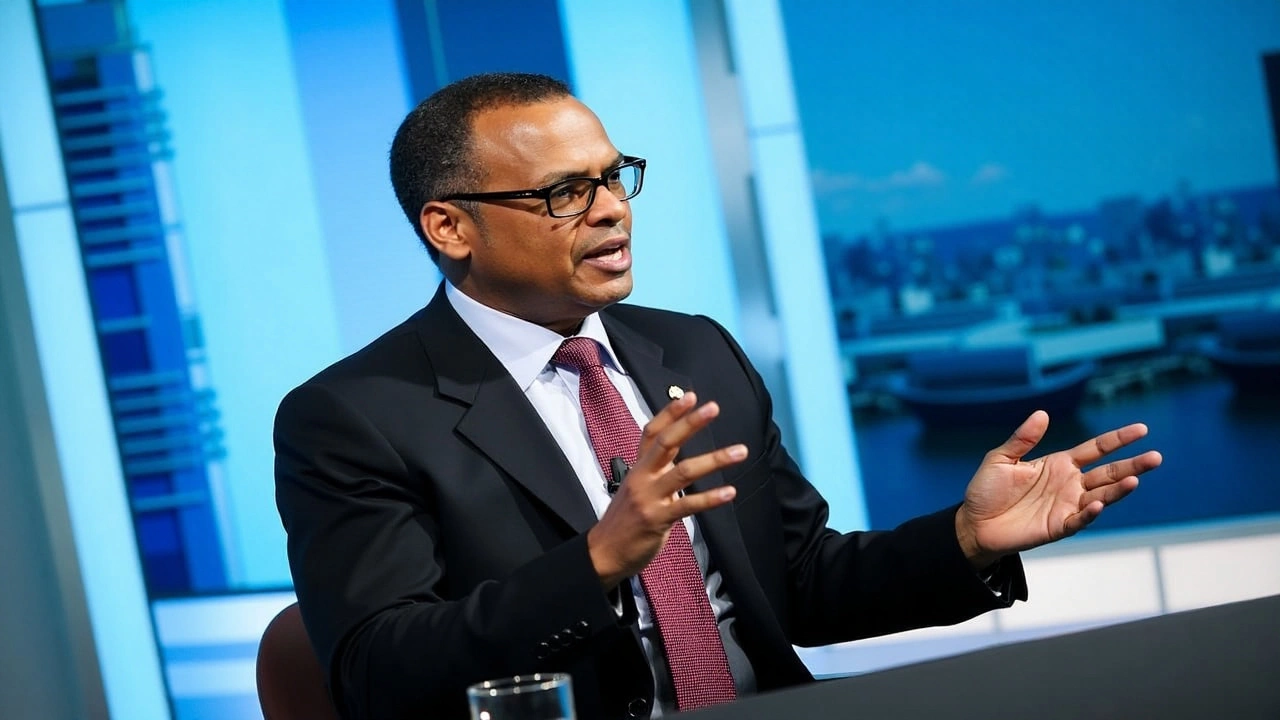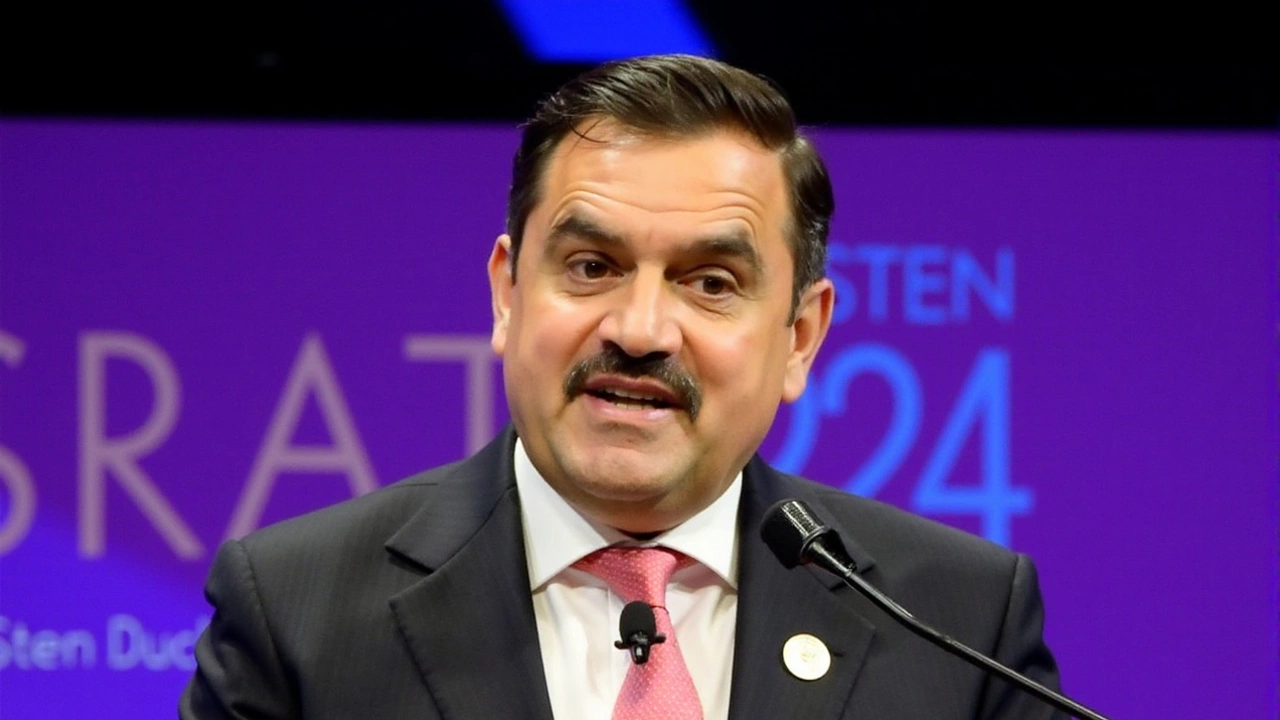Bribery Scandal Explained: What Triggers It and How It Unfolds
If you’ve ever heard the term “bribery scandal” in the news, you probably wondered what really goes on behind the headlines. In plain words, a bribery scandal starts when someone offers money, gifts or favors to get an unfair advantage – be it a contract, a permit, or a political decision. It’s not just a one‑off slip; it usually involves a network of people who hide the exchange and hope nobody notices.
What usually sparks a bribery scandal?
Most scandals begin with a high‑value opportunity. Think of a big construction project, a government tender, or a sports league deal. When a big sum is at stake, the temptation to slip a few extra bucks under the table rises. The key players are often:
- Someone with decision‑making power – a minister, a senior officer, or a team owner.
- The go‑getter – a businessperson or agent who wants the contract.
- The middleman – an associate who passes the cash or gifts.
These actors usually hide the money through fake invoices, shell companies, or cash‑in‑hand transactions. The cover‑up can be very elaborate, using accountants, lawyers, and even family members.
How investigations usually unfold
When a whistle‑blower speaks up, the media picks up the story, or an audit finds irregularities, the investigation clock starts ticking. Here’s a typical flow:
- Preliminary check: Police or anti‑corruption agencies review documents and interview a few witnesses.
- Surveillance: They may monitor bank accounts, emails, and phone calls to catch the money trail.
- Search and seizure: Officials might raid offices or homes, looking for cash, ledgers, or digital records.
- Formal charges: If enough evidence is collected, a case is filed and the accused are summoned.
- Trial: The court examines the evidence, hears testimonies, and decides guilt or innocence.
In India, agencies like the CBI, ED, and state anti‑corruption bureaus often take the lead. High‑profile cases—whether in politics, sports, or business—can spark nationwide debates about ethics and reforms.
Why does this matter to you? A bribery scandal can rip through public trust, raise prices for everyday services, and even affect local jobs. When a stadium contract is bought with bribes, the community may end up paying more for tickets or facing poor facilities.
So, what can ordinary citizens do? Stay informed, support transparent institutions, and report suspicious activity. Most countries have hotlines or online portals for anonymous tips. Even a small tip can tip the balance and start an inquiry that stops a bigger abuse.
In short, a bribery scandal is a chain of secret deals that profit a few at the cost of many. Recognizing the signs—unusually fast contracts, missing paperwork, or sudden wealth—helps you spot red flags before they become a headline. Keep an eye on the news, ask questions, and remember that accountability starts with everyday awareness.

